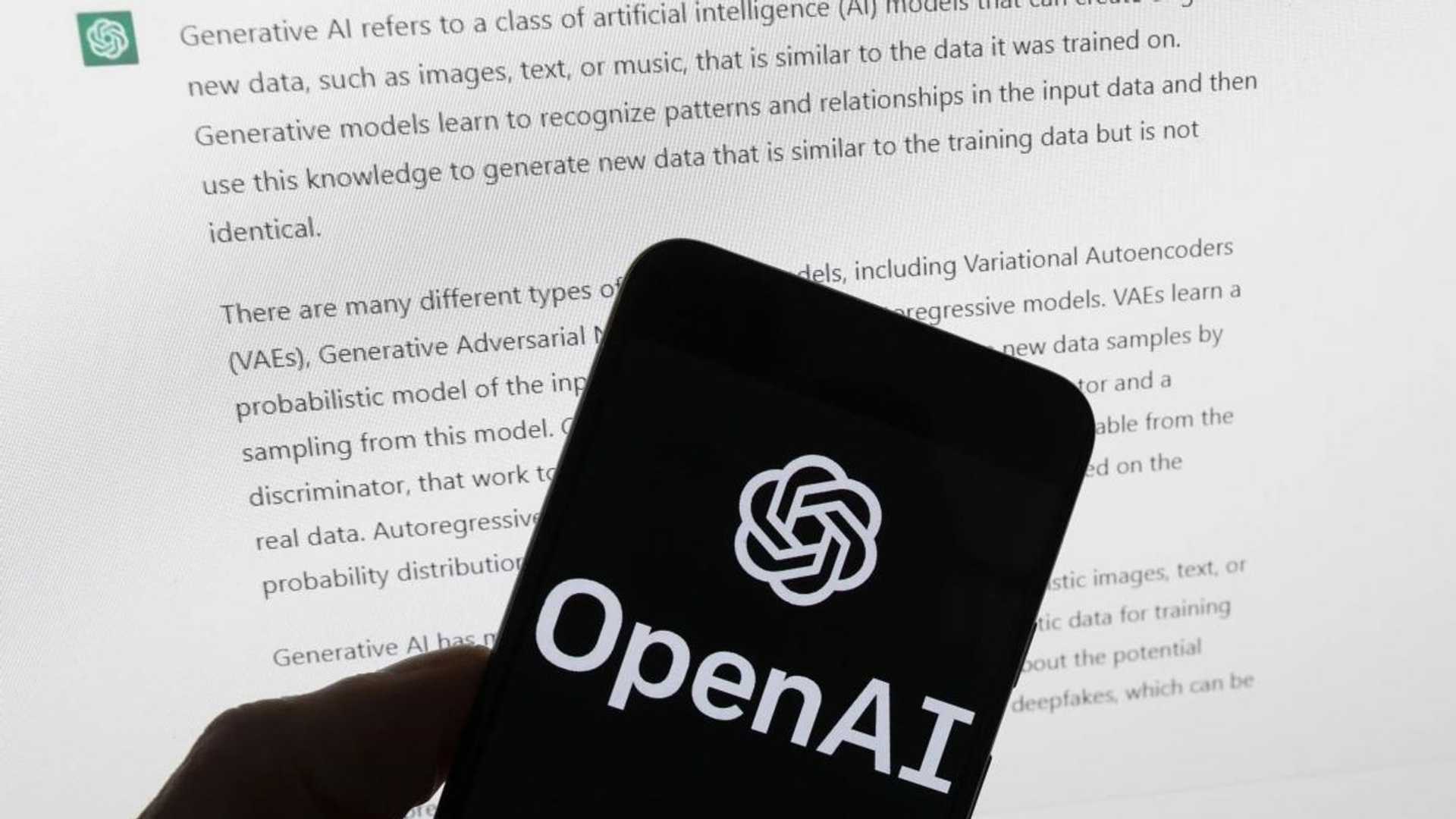"We're excited ChatGPT is back in Italy": Open AI CEO Sam Altman
OpenAI's popular chatbot, ChatGPT, has been reactivated in Italy after the company addressed privacy concerns. The country's data protection authority, Garante, had temporarily banned the chatbot and launched an investigation into its suspected breach of privacy rules.
Garante cited the "absence of any legal basis that justifies the massive collection and storage of personal data," and also alleged that OpenAI did not verify the age of users, who are mandated to be at least 13 years old. In response, OpenAI provided a tool for verifying the ages of users during sign-up in Italy and also enhanced the visibility of its privacy policy and user content opt-out form.
A new form was created for European Union users to exercise their right to object to the utilization of their personal data for training purposes, which necessitates the provision of detailed personal information and proof of data processing through relevant prompts. Garante recognised the steps taken by OpenAI to ensure compliance with European data protection regulations and stated that it would continue its probe of ChatGPT and work with a special task force established by the European Data Protection Board. Italy was the first country in Europe to impose restrictions on ChatGPT, but the swift advancement of generative AI technologies has sparked the interest of legislators and regulators in multiple nations.
OpenAI CEO Sam Altman expressed his excitement at the chatbot's return, "We're excited chatgpt is available in Italy again!" he tweeted.
As generative AI technologies continue to advance, lawmakers and regulators in multiple nations have taken an interest. As a result, a group of European Union lawmakers recently reached a consensus on new regulations that would mandate companies deploying generative AI tools to disclose any copyrighted material utilized in the creation of their systems.
It is great to see OpenAI making strides in ensuring that ChatGPT complies with European data protection regulations. With the continuing development of AI technologies, it is essential that companies exercise transparency and accountability to ensure that users' privacy is not violated.




















